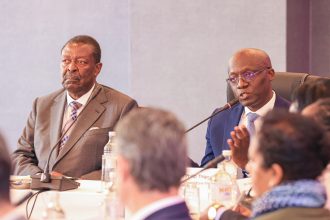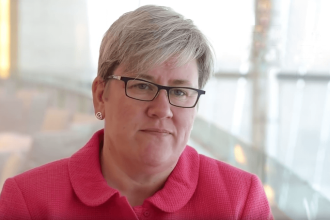By Henry Neondo in Baku, Azerbaijan
At the ongoing 29th UN Climate Change Conference (COP 29) one of the landmark achievements of COP 29 is adopting standards under Article 6.4 of the Paris Agreement. This development aims to mobilize an estimated $250 billion annually by streamlining international carbon crediting projects, unlocking critical resources for climate action in developing countries.
Projections suggest that this could rise to $1 trillion annually by 2050. Establishing these standards is expected to attract global investment, fostering a balanced system for host and recipient countries and paving the way for swift operationalization.
The COP 29 agenda includes two high-profile summits: a leader-level Summit on mitigation strategies, and a separate Methane Summit co-hosted by the United States and China. These summits underscore the commitment of world leaders to address urgent emissions challenges, including methane, which remains a significant contributor to short-term climate warming.
Another critical focus of COP 29 is securing commitments to climate finance, essential for advancing the new global finance goal. This includes operationalizing the Loss and Damage Fund by 2025, backed by signed hosting, trustee, and contributor agreements. Ensuring that developed nations meet their climate finance contributions will be key to supporting adaptation and mitigation efforts globally.
A new Business Investment and Philanthropy Climate Platform, to be launched on November 14th, will expand collaboration with non-state actors, including businesses, philanthropic organizations, and civil society. This inclusive approach emphasizes the role of SMEs in the green transition, aiming to climate-proof operations for millions of small businesses worldwide. The COP 29 presidency is committed to fostering a whole-of-society approach, leveraging resources from diverse sectors to enhance climate resilience.
The Urgency for Unified Global Action
In his remarks, the Executive Secretary underscored the urgency for deep emissions cuts and called for COP 29 to produce a strong financial outcome. With the International Energy Agency (IEA) projecting a $2 trillion investment in clean energy this year, additional investments are essential to mitigate climate impacts and bolster economies. The climate crisis, he warned, is “an economy killer,” necessitating immediate action from all nations to secure a more sustainable future.
In the interactive Q&A session, participants from Azerbaijan, the United Kingdom, and international press agencies emphasized the importance of cooperation on renewable energy, clarified Article 6’s impact on national climate goals, and discussed financial targets essential to achieving COP 29 objectives.




